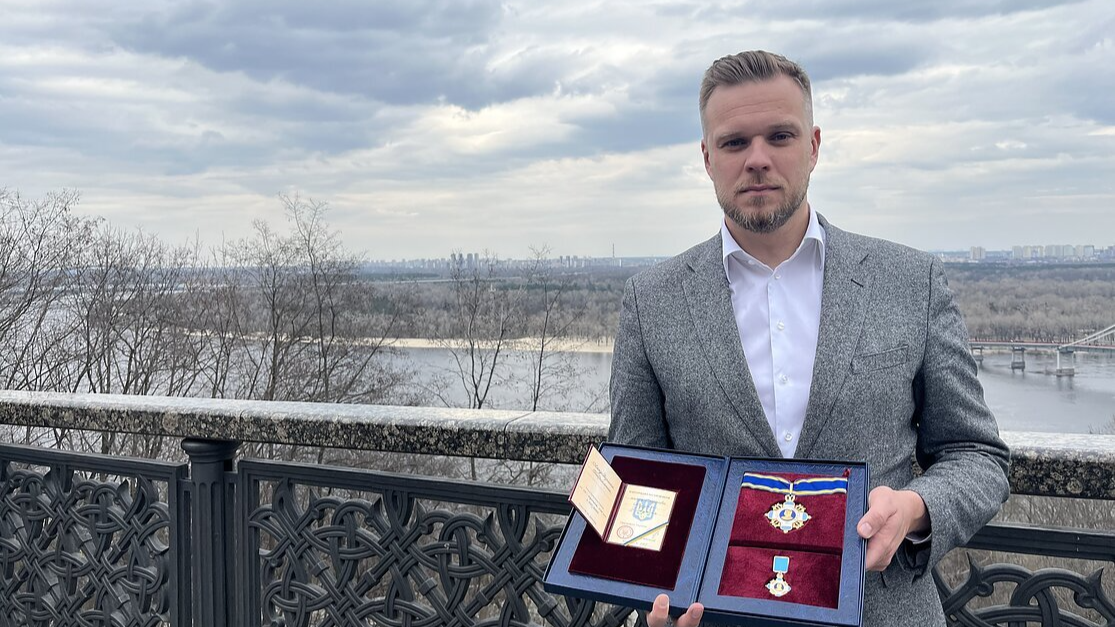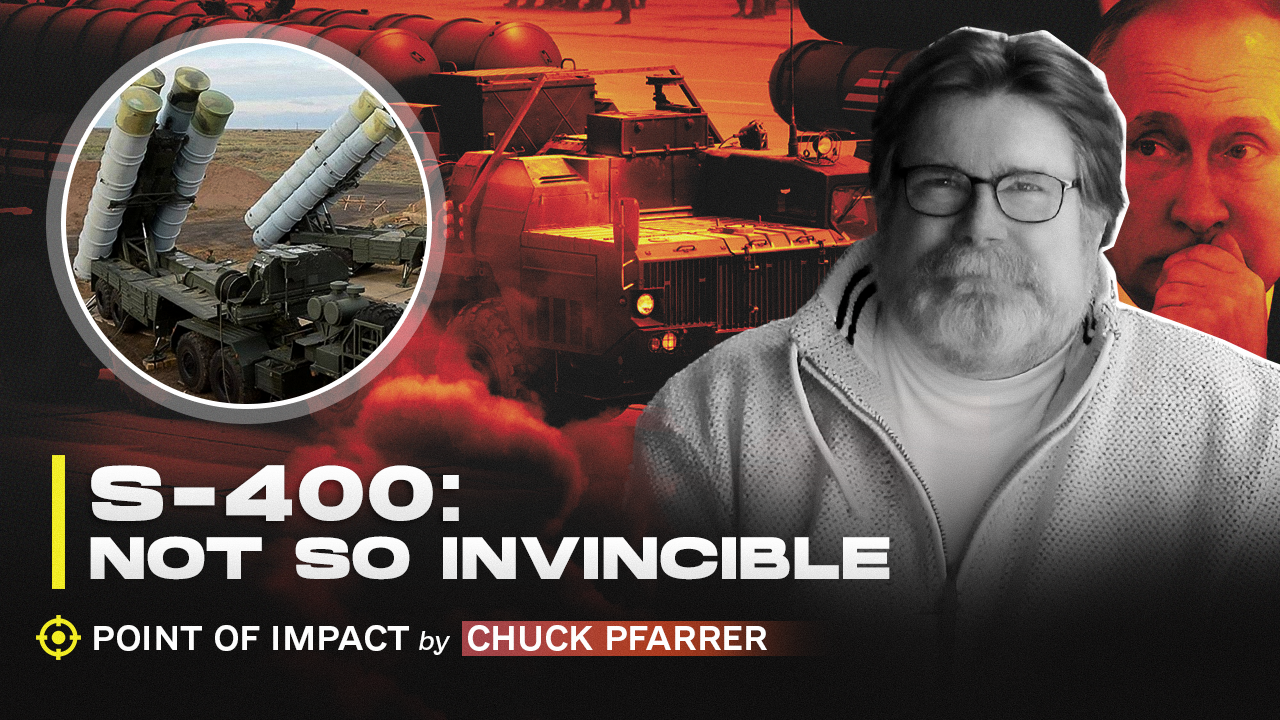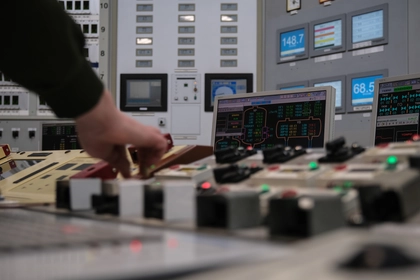In times of war, business isn’t just about profits or losses. Companies like Nestlé, which have deep roots in Ukraine, face challenges on multiple fronts. This giant international Swiss-based company has faced criticism for its continuing operations in Russia at a time of war and sanctions, and this has tended to overshadow its contribution to the Ukrainian economy and the country's wartime needs.
Nestlé has chosen to keep its operations running in Ukraine during the war, expand its investments, and, most importantly, its support for the people at the heart of it all. And, in the meantime, what is it up to in Russia?
JOIN US ON TELEGRAM
Follow our coverage of the war on the @Kyivpost_official.
To get a clearer picture of the real situation, Kyiv Post spoke with Alessandro Zanelli, CEO of Nestlé Southeastern Europe, about how the company has navigated through these unprecedented times and what it is doing to support Ukraine at this critical moment in the country's history.
It is about creating stability, jobs, and growth at a time when the country needs it most.
Nestlé’s Investment in Ukraine
While many companies have paused their investments due to the war, Nestlé says it has taken a bold step forward. Despite all the uncertainty, it's announced a 40 million CHF ($46.7 million) investment in a new production facility in Smolyhiv, in the Volyn region.
Alongside its existing factory in Torchyn, this site will make Ukraine a European regional hub for culinary products, employing 1,500 people once the project is complete. The facility is expected to be operational by the end of 2024.

ISW Russian Offensive Campaign Assessment, December, 20, 2024
“This is about creating stability, jobs, and growth when the country needs it most,” says Zanelli.
In addition to this, Zanelli mentioned that Nestlé has invested another 30 million CHF ($35 million) in upgrading its existing factories.
Supporting Employees Through the War: The “Ukraine, WeCare” Program
When war broke out, Zanelli says, one of the first priorities was ensuring the safety and well-being of Nestlé’s 5,500+ employees across the country. That’s when the “Ukraine, WeCare” program came into play.
“We wrote a new playbook,” Zanelli says. “How do we make sure they’re safe? How do we support them both financially and emotionally in this difficult time?”
Through the program, Nestlé organized the evacuation of employees from dangerous areas, provided relocation assistance, and paid salaries in advance to ensure no one was left behind financially.
Employees who joined the Armed Forces continued to receive their salaries, with special payments being made for living expenses.
We wrote a new playbook. Our priorities became the safety of our people, protecting the business, and offering a helping hand to society.
But beyond the physical, Nestlé also recognized the emotional toll the war was taking. Collaborating with the Rozumiyu platform, they rolled out free psychological support for their employees.
More than 3,000 workers have taken advantage of this service so far.
Nestle Ukraine was founded in Kyiv in May 2003. Photo Nestle, Facebook.
Humanitarian Efforts
Zanelli is quick to say that Nestlé’s impact goes beyond factories and employees.
Since the war began, the company has contributed over 24 million CHF in food and monetary donations to Ukrainian humanitarian organizations. They’ve also extended aid to Ukrainian refugees in neighboring countries.
“We’ve been here for 30 years, so we feel a deep responsibility to help,” Zanelli says.
Nestlé has also been a major supporter of rehabilitation centers for war victims. Their contribution of 28.2 million UAH to centers like “Unbroken” and “Superhumans” has funded vital medical equipment and helped provide physical rehabilitation for military and civilian Ukrainians.
Addressing the Russia Question
Of course, no conversation about global business today can ignore the elephant in the room: Russia. Earlier this year, the Ukrainian government listed Nestlé among companies it deemed “war sponsors” for maintaining a presence in Russia.
While Nestlé has halted new investments and pulled major brands like Nespresso and San Pellegrino out of Russia, they still have some ongoing operations there.
“If the government put us there for what happened in Russia, to be honest, I am not supposed to answer this question because I’m not in charge of Russia,” Zanelli said.
The company's official stance is that it would not open new factories or make any additional investments in Russian assets.
Zanelli is candid when asked about it. “It’s not an easy situation,” he says. “Leaving Russia is a complex process, legally and practically.”
“The company's official stance is that it would not open new factories or make any additional investments in Russian assets,” he added.
We believe that we are doing the right thing [in Ukraine].
Zanelli acknowledged the disappointment and criticism directed at Nestlé for this stance but said the company’s committed to doing what it believes is right.
“The fact that we were put on the list didn’t stop us, I repeat, investing, opening the factory, and hiring in Ukraine,” he said. “You know, we’ve hired 300 new employees by now. And we need more by the end of the year.
“We believe that we are doing the right thing,” Zanelli said.
You can also highlight the text and press Ctrl + Enter










